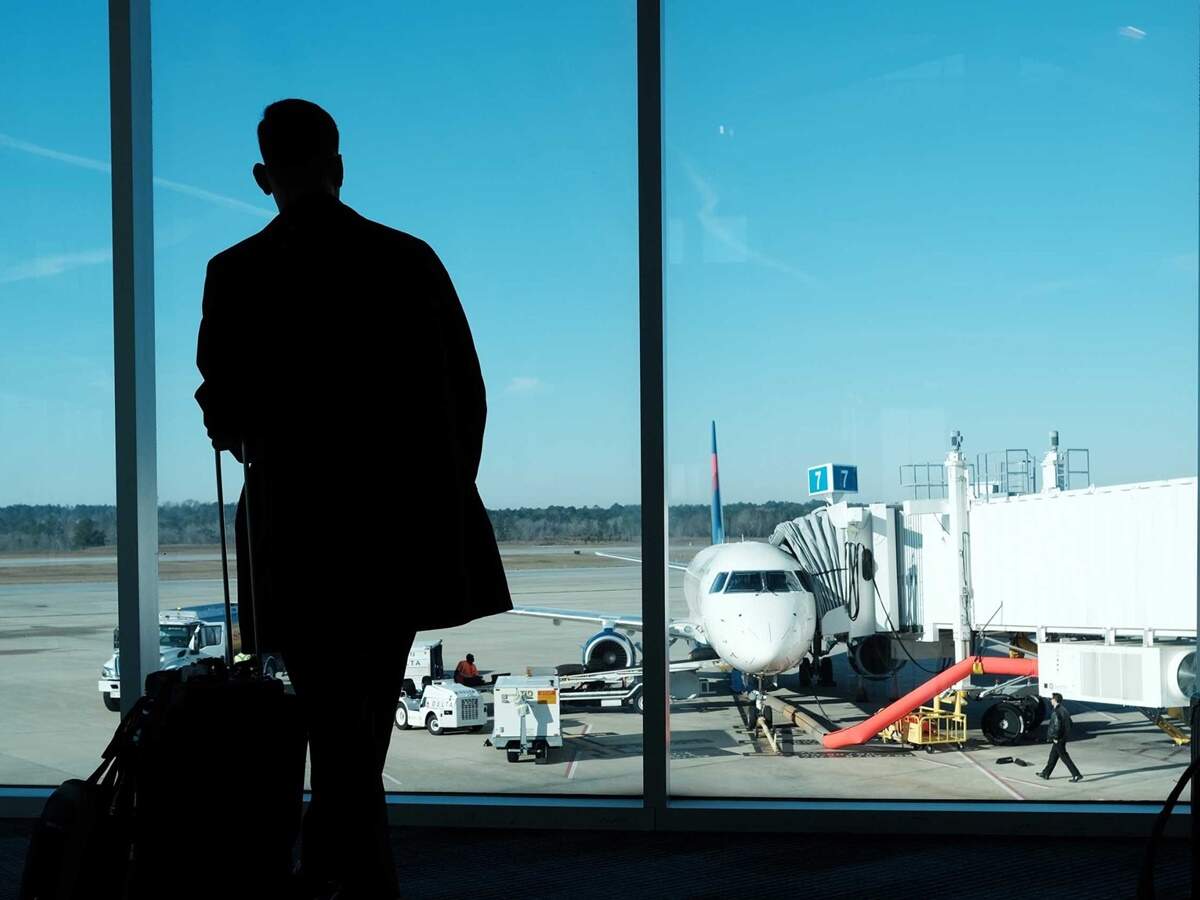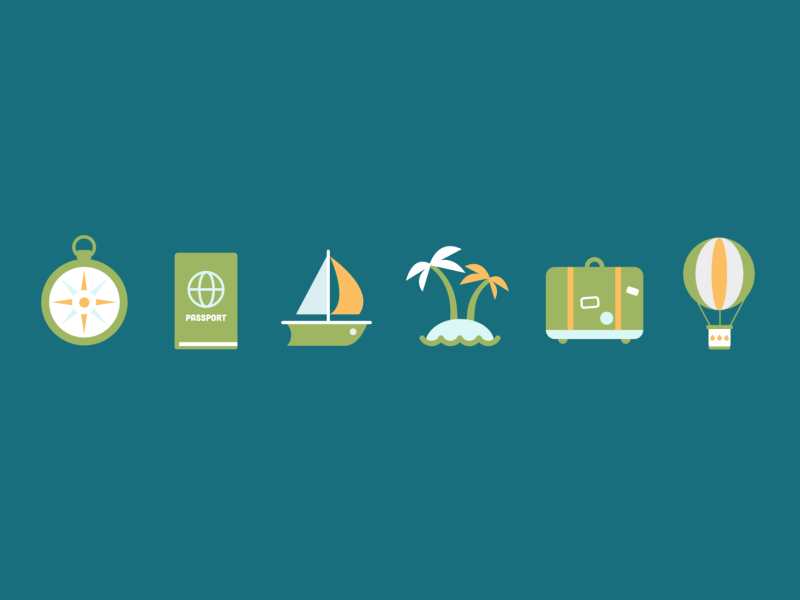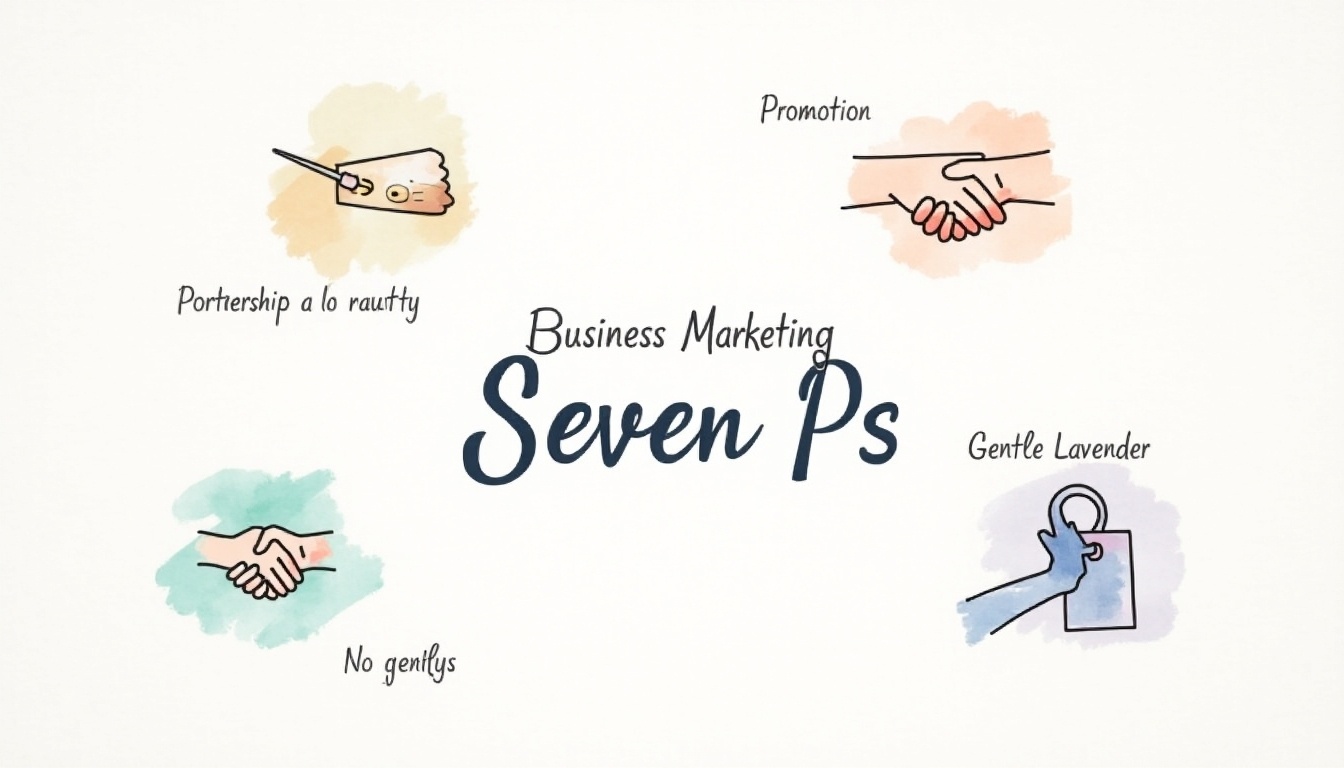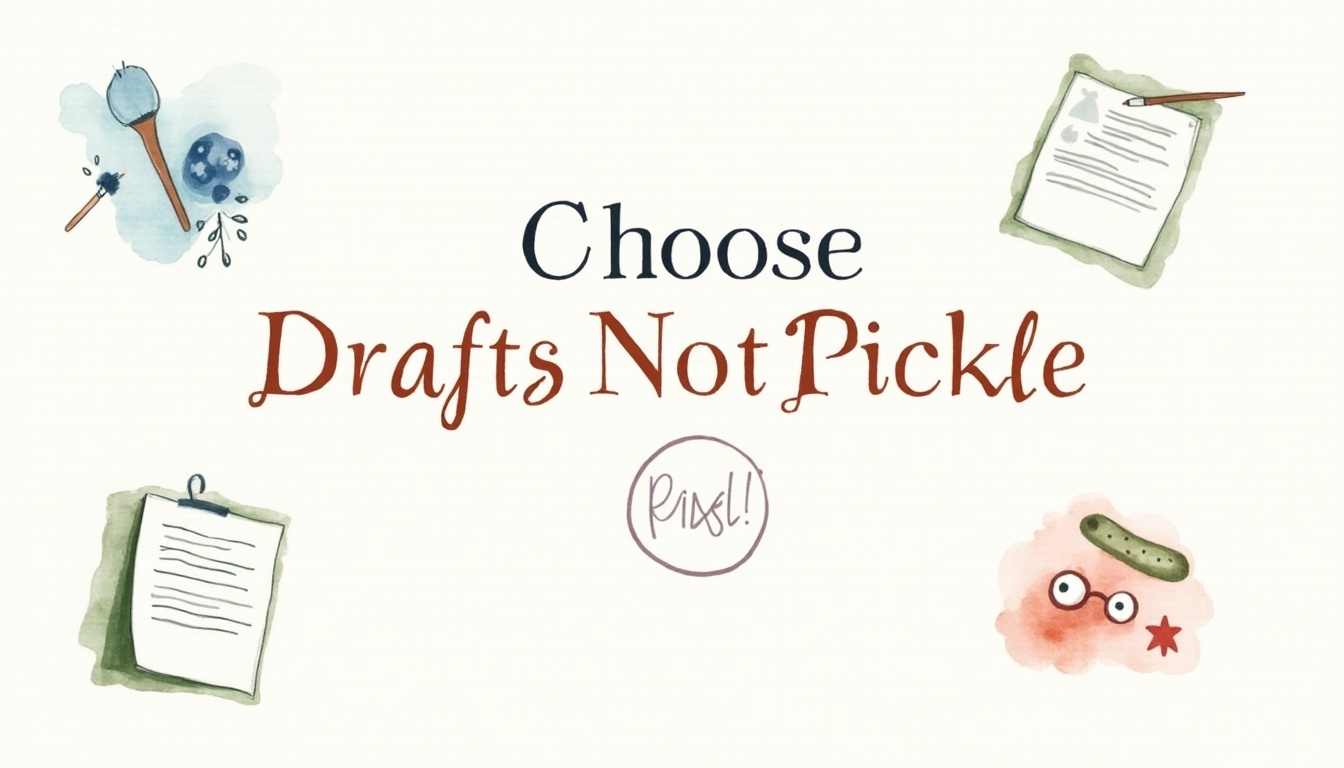Not surprisingly, customers are changing the way they travel during their vacations, and the covid-19 epidemic has been moving on for a long time. After the epidemic covid-19, the traveling and marketing industries in it have slowed down a lot. But customers who are bored of staying at home in the lockdown are starting to come into the traveling and marketing spotlight again. However, safety is a top priority for all passengers.
Mindful of your Messaging
Marketing today is more than just promoting a product, as consumers now rely on brands to become good corporate citizens. Traveling and marketing brands are helping their local community and will increase their engagement with their customer base by communicating through empathy and understanding of both moral and financial for those most in need.
Consider the effect of covid on mobile usage
Mobile use will increase for travelers, from travel and boarding passes to keyless hotel entrances and digital checkouts at hotels.
Slow and steady is the trend of this year’s tour
People tend to spend more time researching the trip before booking. Traveling and marketing companies are making a lot of inquiries from customers who have never used the agency before. It may be that they want the financial security that comes with booking by the company one year after cancellation.
After the epidemic, it seems that the travel industry will be slower and more thoughtful. In many ways, the industry now needs to provide more security and convenience in comprising brands with marketing.
Demand for travel declined due to safety
The spirit of the consumer is largely due to personal financial concerns and the fear of catching the virus, so leisure travel was not a priority for most people. The consumers are three times more likely to get sick while traveling and marketing than to shop at a local store. And international travel is considered more dangerous than domestic. In addition, more than 70% of consumers believe that it is irresponsible to travel until the virus is controlled. Two-thirds of people believe that there is no risk of taking a vacation until there is a sense of normalcy in the world.
A new chapter for the journey after the epidemic
There is no doubt that the traveling and marketing industry is going through a seismic shift. Revenue has disappeared overnight to the traditional business model built around business travel. That income will not be returned immediately. In fact, they will never improve in the first stage of the disease.
New post-epidemic symptoms
Epidemics have fundamentally changed the preferences, values , and behaviors of travelers, whether necessarily by choice or by choice, and are now putting the wire on a journey that is as safe and healthy as possible.
But consumers are also more aware of the environmental and social impact of their travel choices, building on the tendency to follow epidemics.
Safety and flexibility front of mind. Following the turbulent changes in air corridors and many travelers losing holidays this year, people will be looking for reassurance that their booking will be protected if policies or restrictions change.
Redefined structure
Generating revenue for the travel and hospitality industry has become a challenge as airlines unload their fleets. This has forced them to increase ticket and reservation costs which fall heavily on the pockets of the passengers. Combine this with the growing need for social distance, as passengers are increasingly swallowing up air travel for travel. Its impact is also evident in business travel. While organizations around the world are aware of planning their travel expenses, the advent of virtual meetings has made business travel needs futile. As a result, organizations are increasingly adopting data tics analytics to optimize their fleet or list of rooms.
These companies can employ resources as per the demand. Going forward, some airlines may consider reducing fleets to stay consciously profitable. This, in turn, could increase collaboration between long-distance international players and short-distance local players. Meanwhile, the aerospace industry is also looking for new models to boost its revenue. Air France, for example, is preparing to invest in alternative technologies such as electric and hydrogen aircraft to curb job losses and capture weaker incomes.
Global before local
International travel has come to a standstill following a worldwide travel ban. With many countries remaining to open borders for tourists. Combine this with rising ticket costs and hotel rates; domestic, short-distance travel is now more attractive to travel enthusiasts.
Travelers – for leisure or business – are likely to choose local destinations to ensure maximum safety and hygiene. While also avoiding different rules between countries. Going forward, this trend is also expected to lead to the need for cluster travel plans. Such as Asians traveling within Asia, Europeans traveling in Europe, and so on. Governments are also promoting the trend of domestic travel, while travel and hospitality companies are adapting to travel policy by providing incentives and insurance.
Outdoors
Social distance is necessary to accommodate the spread of Covid-19. When choosing a destination, travelers prefer outdoor, open spaces such as beaches, forests, national parks, wildlife reserves, and so much more, where social distances will be easier to adhere to. As a result, reports indicate that about 70% of nature camps, hiking trails, adventure sports, national parks, and beaches have reopened for tourists, compared to only 50% compared to museums and heritage sites such as indoor spaces. For those who want to avoid the hassle of working from home for a long time. These new-age hospitality players are also providing stabilization. Or working holiday options with high-speed internet and a dedicated workspace.
Information sharing
In the post-covid-19 world, it will be more important than ever before for travelers to stay connected as they travel.
Gone are the days when people could easily go ‘off-the- grid’ as there is now a need to stay informed and up-to-date with the latest travel guides. Tour tors operators who can provide their passengers with detailed online and itinerary travel will pay the most attention to the concerned passengers about staying informed.






















